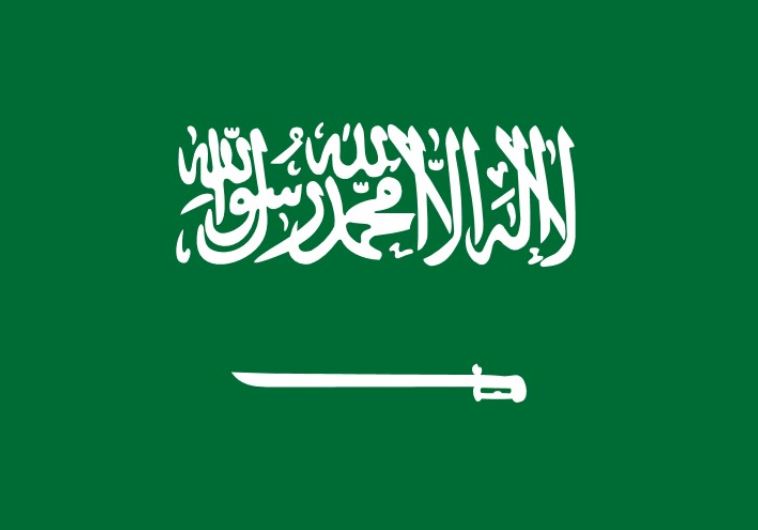Saudi Daily Criticizes U.S. ‘Soft-Power’ Policy: Sometimes Use Military Force Is Necessary; Arab States Feel U.S. Has Turned Its Back On Them
Special Dispatch | 6312 | February 17, 2016 The Middle East Media Research Institute
In view of the escalated Russian military activity in Syria, and declarations by senior Saudi officials on the option of an imminent Saudi ground intervention in Syria, the editorialist for the official Saudi daily Al-Riyadh, Ayman Al-Hammad, published a caustic article attacking the Obama administration’s Middle East policy. Al-Hammad claims that the Obama administration is adopting a soft-power policy in the Middle East, and particularly vis-a-vis the Syrian crisis, while forgoing the military dimension – thereby awarding Russia and her allies senior status in the region. Condemning America’s “surrender of Syria”, its neglect of the Palestine issue, and its rapprochement with Iran, the author claims that the U.S. has lost the trust of the Arab states, which feel that it has turned its back on them. Al-Hammad advises the Obama administration so stop eschewing military force, because this means is occasionally required “to put things back on track”.
Below is a translation of the article:[1]
“[American political scientist] Dr. Joseph Nye coined the term ‘soft power,’ which denotes a state’s use of non-military means and tools to create for itself a capability to influence, act and persuade. Such means, focusing on emphasizing the state’s cultural legacy, help to improve its image in the world…
“This term was quite prevalent in the literature on public diplomacy and international politics during the previous decade, particularly after September 11 and following the military campaigns and the tough security measures adopted after [this event], which appreciably affected the U.S.’ image as a pluralist and free country. Following these [events, the U.S.] had no choice but to stress and emphasize some [other] part of [its] exemplary legacy in order to improve its image and to shine the spotlight once again on the positive side of the American presence.
“During the previous decade, Barack Obama’s presidency was characterized by an abstention from adopting military solutions and from dispatching American soldiers to combat zones, and [a preference for] political initiatives instead. The Syrian crisis is a conspicuous example of this. America’s military absence from the region, be it in Iraq or in Afghanistan, and its surrender of Syria, helped tarnish its image in the eyes of the countries in the region. From these countries’ perspective, the U.S. has turned its back on them, while Russia and its allies have assumed this role. This had a significant impact on the image of the U.S. and President Obama, whose arrival at the White House can be seen as [heralding] the pinnacle of America’s soft power [policy]. He [Obama] disappointed the Arab states, which expected him to take a more sympathetic approach to their problems than his predecessor George Bush Jr.
“Is the scant [use] of hard power necessary to reinforce soft power? The events in the region, at least, prove that U.S. abstention from military intervention in Syria, the neglect of the Palestinian issue and the rapprochement with Iran have damaged the U.S.’ image and Obama’s popularity, both amongst the ]American] people and amongst the elites. Tracing America’s rise to power and global hegemony, we discover that this hegemony derived solely from its military force and from its cowboy and Star Wars films. [Only] after dropping the two atomic bombs on Hiroshima and Nagasaki did the U.S. become the number one world power. Obviously, [my worlds] should not be misconstrued as support for the U.S.’s military adventures – and they are numerous. War actually is the worst [possible] tool, but occasionally its use is inescapable. Sometimes, a little firmness is needed to put things back on track.”
[1] Al-Riyadh (Saudi Arabia), February 14, 2016.























